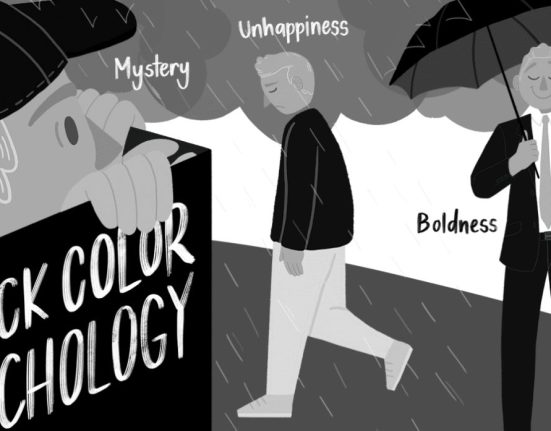From the 1960s to the 1980s, men’s hairstyles evolved significantly. People in the 1960s had tresses similar to Don Draper’s. The hairstyle of the 1980s was large and frizzy. But what caused this dramatic change? Surprisingly, it wasn’t just about styling choices, but something that went into those hair care routines—shampoo.
The Culprit behind Hair Quality Decline
Blaming bad taste for the decline in hair quality might be tempting, but there’s more to the story. The real culprit was the introduction of shampoo into our daily routines. Prior to 1970, the idea of men shampooing their hair at home was virtually unheard of. However, advertising agencies, known for their prowess in promoting even harmful products like cigarettes, were enlisted to capitalize on Americans’ obsession with hygiene. The result? A successful PR campaign that convinced people to wash their hair multiple times a week, filling showers with bottles of shampoo.

Why Shampoo is bad for Your Hair
To understand why shampoo wreaks havoc on our hair, we need to dive into a bit of biology. Hair, composed of amino acids and the resilient protein keratin, is meant to look full and glossy. The human hair resists environmental conditions, but certain chemicals, like those found in shampoos, can degrade its proteins, leading to frizz and brittleness.
Sulfates – The Arch-Nemesis of Your Hair

The quantity of sodium lauryl sulfate consisting in commercial conditioners is more than you can imagine. This ingredient was initially utilized in laundry detergents, but because of its cheap price people started using it in several consumer goods. While sulfates help create that satisfying lather, they strip away natural oils (sebum) that protect hair. The “squeaky clean” feeling comes at a cost—erosion of the natural barrier that should let your fingers glide smoothly through your hair.
Sulfates are not only oil-strippers but also protein-destroyers. Research reveals that treating hair with sulfates causes it to lose seven times more protein than water alone. This becomes even worse when combined with hot water. In essence, the main ingredient in shampoo dissolves the natural barrier of your hair and dismantles the proteins that provide structure—a truth that is not advertised.
How Companies Keep You Hooked

The shampoo cycle is a devious loop that the industry encourages. When moisture is zapped from your scalp, oil production goes into overdrive, making your scalp feel greasy sooner, leading to more frequent shampoos. As you repeat this cycle, shampoo brands profit by selling you more shampoo and even conditioner to mend the damage. It’s a money-making scheme built on damaging and repairing your hair.

While the term “scam” might seem strong, examining the business model of shampoo companies reveals a profitable pattern. You pay for a product that damages your hair, only to be charged again for products that claim to fix it. It’s a savvy business strategy aimed at making billions while leaving your hair in a perpetual state of distress.
Embracing Change
Amidst this hair care chaos, a new approach emerges—Modern Mammals, for instance. Tired of the negative effects of shampoo, these innovators crafted shampoo alternatives that cleanse without harsh chemicals. These rinses, devoid of sulfates, are infused with moisturizing vitamins and essential oils, revitalizing your hair after every wash.

The Unending Plight of Dalit Women
Saying “no” to shampoo was once associated with hippies or the kid who emitted peculiar aromas in math class. However, the truth about shampoo’s damaging effects is finally surfacing. The revelation may have taken time, but awareness is spreading—better late than never.
In conclusion, the glossy hair of the past didn’t just vanish due to evolving fashion trends. It was a combination of industry manipulation, unchecked advertising, and an absence of awareness. As we navigate a world filled with hair care choices, let’s remember that sometimes, the path to better hair lies in questioning what we have always taken for granted.
References
Also Read: The Hidden Power of Music on your Mood









Leave feedback about this